We were lucky to catch up with Steven King recently and have shared our conversation below.
Steven, appreciate you joining us today. What’s the kindest thing anyone has ever done for you?
My work and life as a priest in The Episcopal Church is lived relatively publicly. Certain choices (even seemingly small ones!) might affect how some understands who I am or what I support or what I believe in. This doesn’t always have to be negative–sometimes it works quite effectively and is very helpful! Often times, though, it increases the pressure–both internal and external–for me. It can feel as though every word needs to be chosen with great care or that any social media post better be fully vetted. None of that is bad–I want to say and do the right and good thing! But, the pressure is higher.
Because of this (and a few other things) the kindest things a handful of my friends do for me is to let me be me. They understand if I speak or react quickly and misspeak. They understand that my seeming frustration isn’t anger but just venting. They can hear a complain not as something done with out love but something that is just a part of human relationships, and love still guides what I try to do and be for my people. These kinds of friends are also the people that let me imagine solutions to problems or arguments in a conversation that aren’t quite fully formed or fully thought out. They hold up a mirror when I am the problem and they also help me through difficult decisions because they know me so well. These kinds of friends enable to me to do my work more fully and to be more fully myself as I do it.
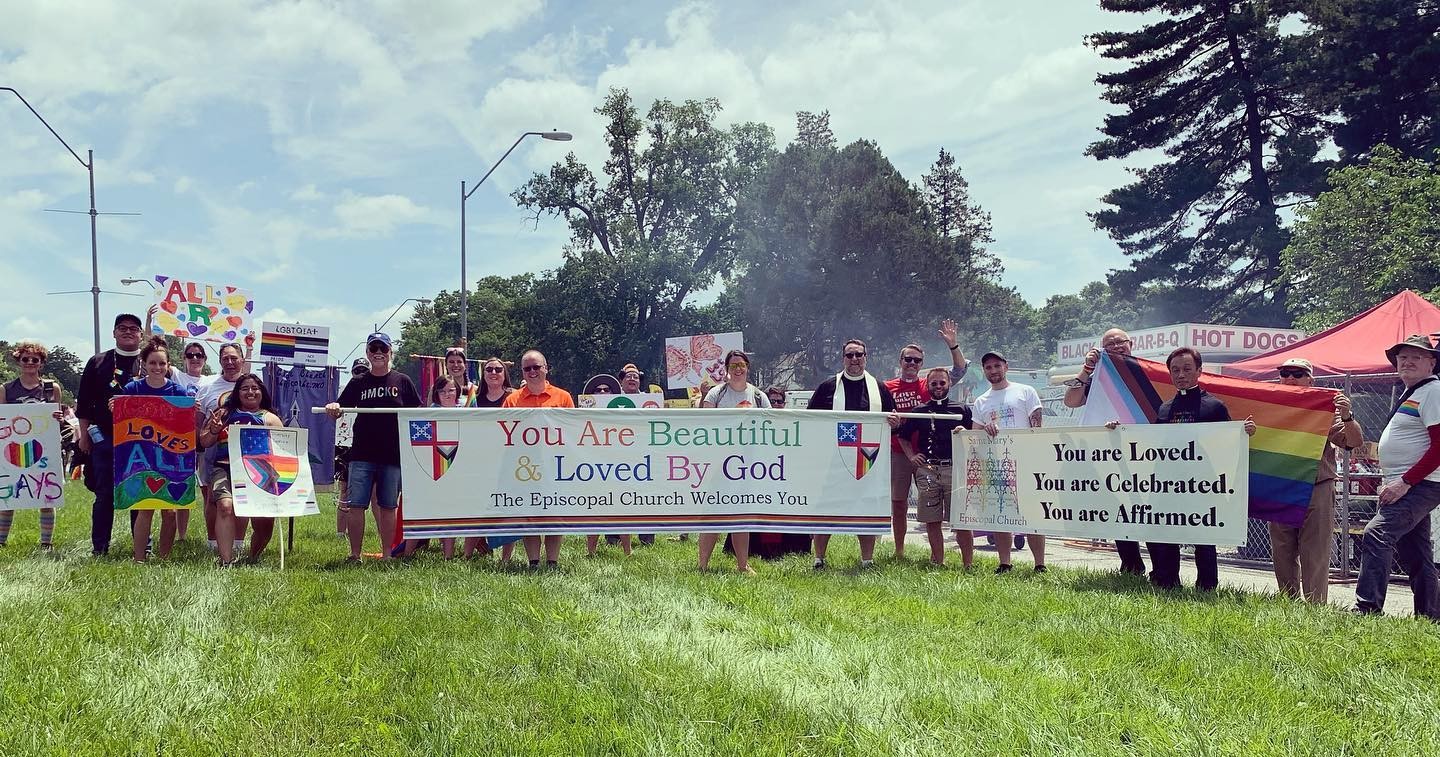
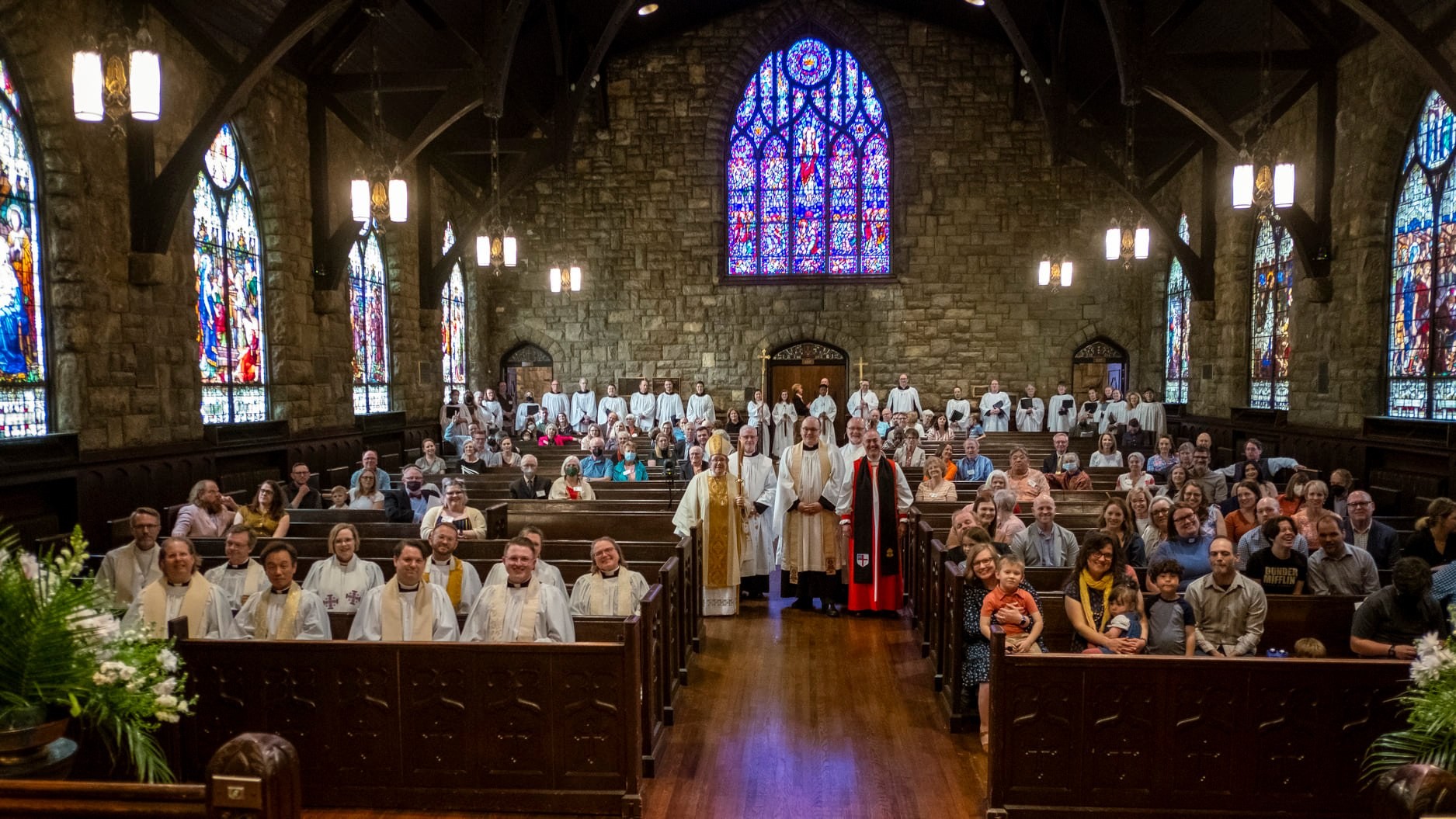
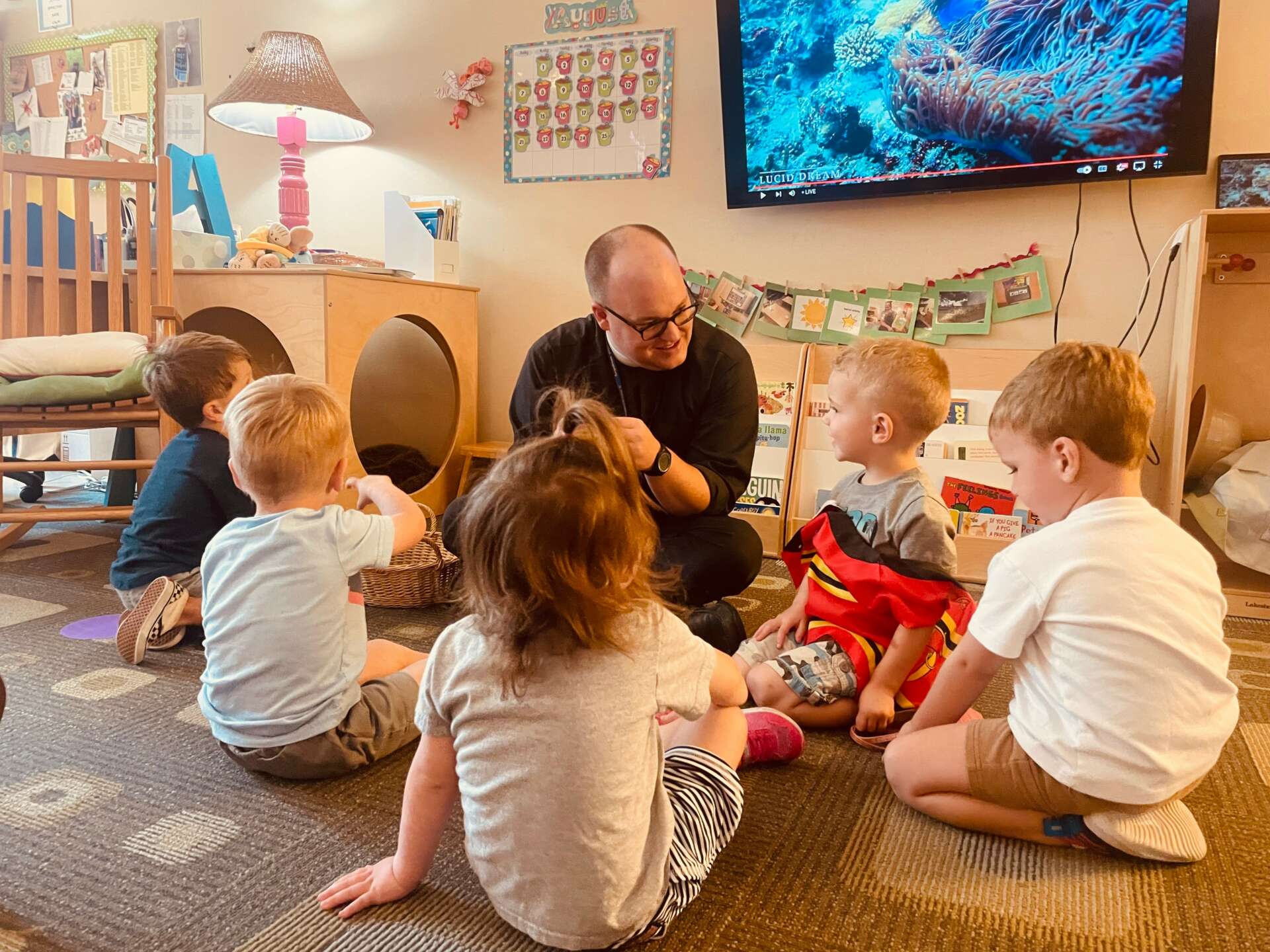
Steven, before we move on to more of these sorts of questions, can you take some time to bring our readers up to speed on you and what you do?
I am a priest in The Episcopal Church. My church, St. Paul’s, is located in the Midtown/Westport neighborhood of Kansas City. I grew up near by in Lawrence, KS and have worked at churches in a KC suburb called Overland Park as well as in downtown Omaha. I have been involved with the Episcopal church since I was 15 years old and decided to pursue seminary and ordination in college, when nothing else felt right or peaceful for me.
I don’t believe that we provide a product or service in the church and I don’t know if we solve any problems. Certainly, the church as an institution has caused many and significant problems for the world. I do think the story we center our community around is one that we seek to be one of hope, of love, of justice, and of grace. In a world that is primarily selfish and oriented toward scarcity, we offer a counter-narrative of abundance and care for neighbor. In my own life, this story of hope that shines its light in any circumstance and love as the most powerful force for change the world is the only story that has made any sense of a broken and hurting world that I behold. There is no doubt that to believe in these things still can sometimes feel futile or like they are easily stomped on. But, to be able to behold brokenness in its myriad forms and believe that that isn’t the final word is a powerful thing. And, to be able to say that love will endure all things and carry the day and then to see it play out in so many ways is a powerful thing. I don’t know that that is a product that we offer but it is a story that we tell, found in the story of Jesus, and it is the story we center our community’s life around at my church in Kansas City.
I’m proud that our community is committed to making a difference in the world. We do that by serving about 3000+ people per month at our food pantry and by sending thousands of dollars each here to a small school and village in Ravine a’l’Anse, Haiti. We do that by offering beautiful music in a 116+ year old majestic building. We do so by offering a liturgical, ancient, ritual-based prayer service each week (and many other days!) that is grounded in centuries of prayer and yet still speaks to our modern lives. We do that by holding contradictory, paradoxical beliefs in our heads and hearts and saying that we can still exist together and build a community together. We do that by inviting people to bring their real, lived lives–their sorrows and successes, joys and pains–to our place and saying, through it all, we are here for you and we love you. I am proud to be part of a community like this in a world like ours.
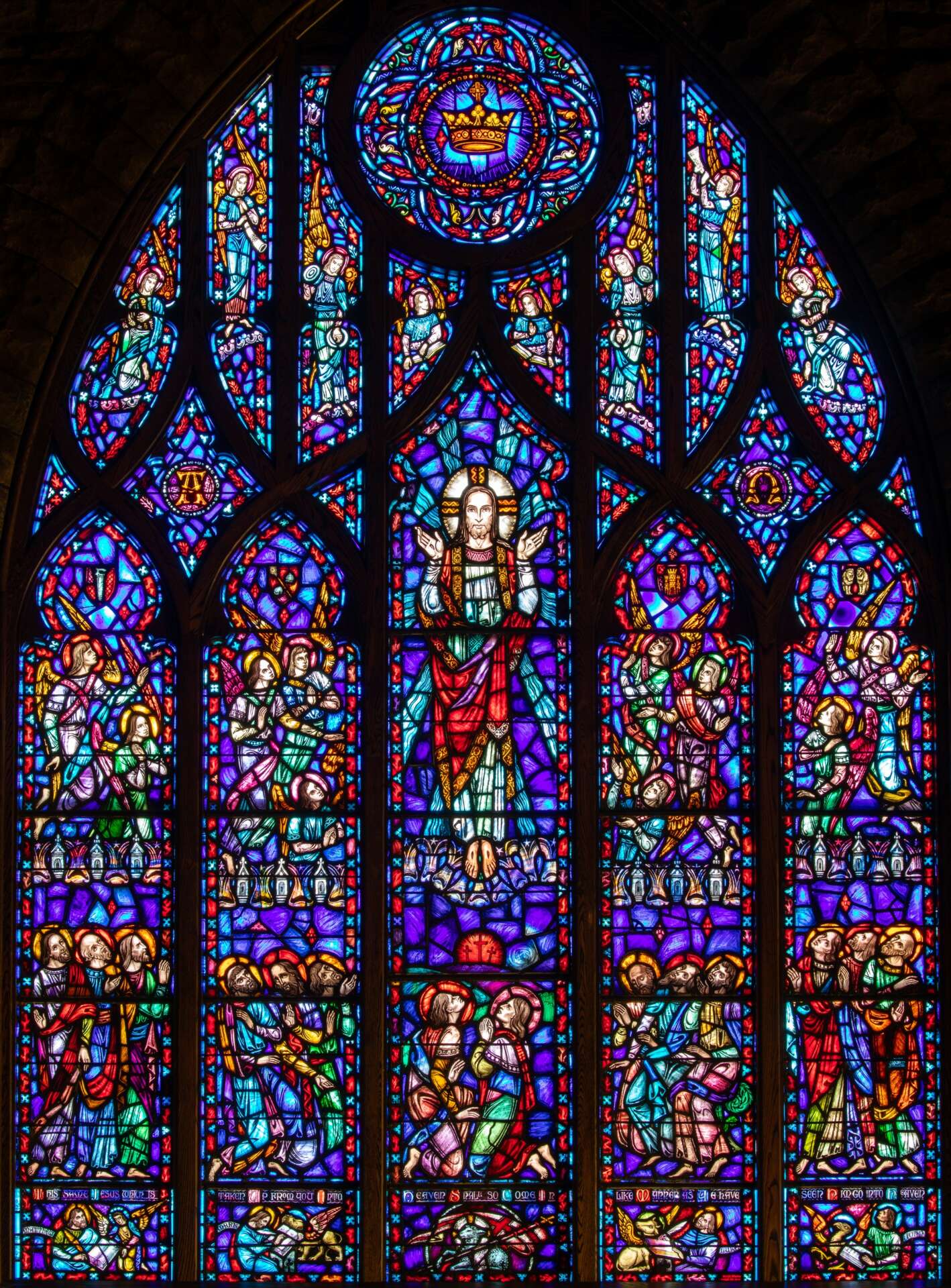
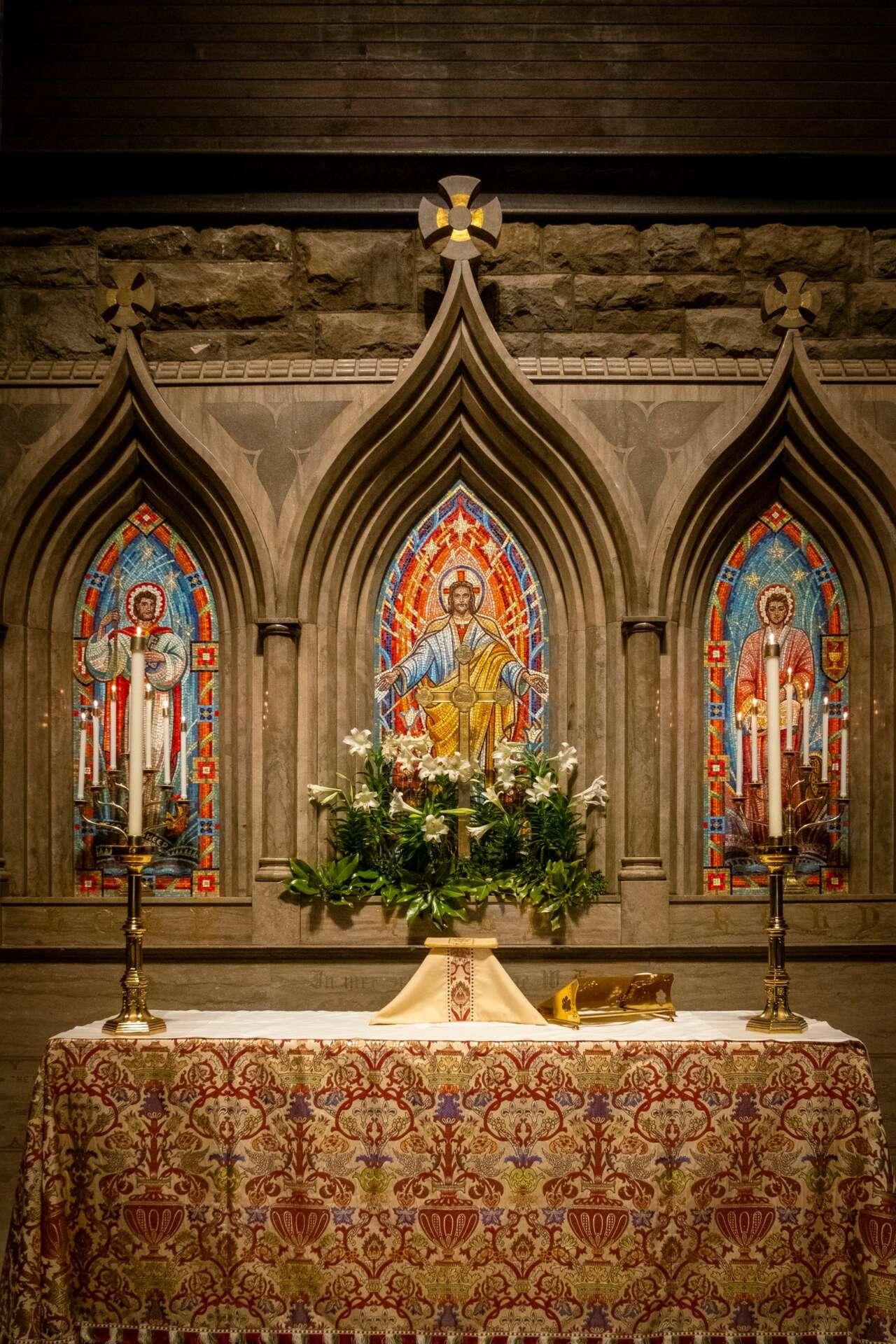
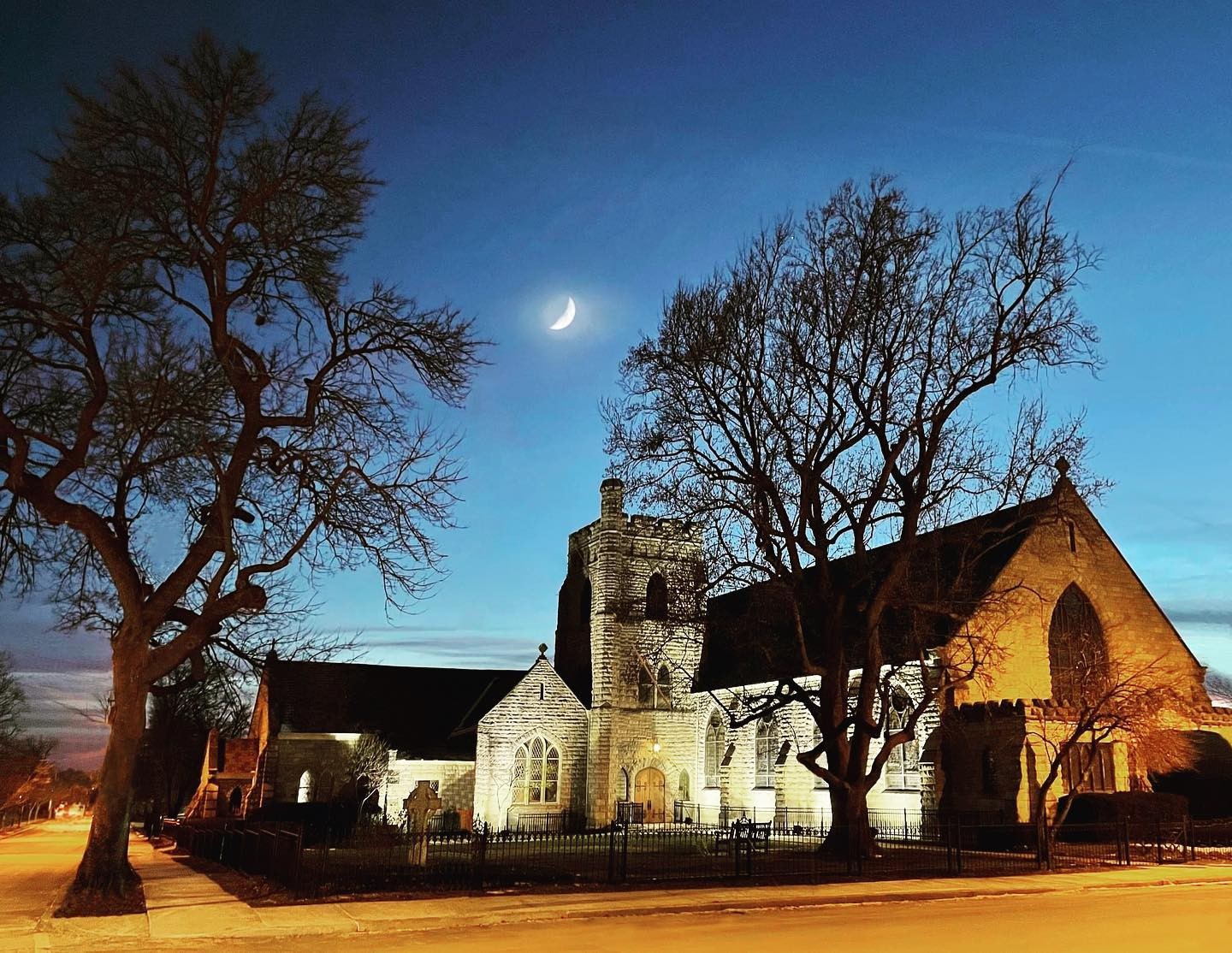
Can you tell us about a time you’ve had to pivot?
I was able to demonstrate resilience in the face of the COVID-19 changes to our lives. For someone who gathers a community together, in person, on a fairly frequently basis, this proved especially difficult. And, for someone whose only prior skills and training were for how to do that, it was even more difficult. The pivot came quickly and then unfolded over time. It was a Friday evening in March 2020 when we were told that we could not gather for church in person on the following Sunday. In the subsequent hours we made changes and adaptations to still hold services and to gather our community in some way–the way that would become relatively normal for many months. The pivot continued as we honed and fine-tuned how we did that work and how we still held true to who we are as we still sought to connect people one to another and also to still sought to feed our hungry neighbors.
The feeding is where our pivot landed even more specifically. Each week, we gathered about 80-100 homeless or working poor folks for a hot lunch in our church’s parish hall. Putting a pause on that but certainly not on hunger meant that we still needed to figure out how to get them food. So, we quickly figured out how to safely and readily package food to deliver and started taking food to various camps, tent gathering places, parks, and other places where we knew our folks spent their time. This pivot enabled us to continue to live out what we believed in and it enabled hungry folks to get food they needed.
Training and knowledge matter of course, but beyond that what do you think matters most in terms of succeeding in your field?
One of the ways to be most successful in my field is to not go it alone. Leadership, especially executive leadership in an organization, can be lonely and it can be tempting to feed into that. I have learned and have tried to practice that even though it can be difficult to pause the tasks that feel very urgent and important to go have coffee or lunch with a colleague is essential. It is often just as, if not more, important than that task that is left paused.
Contact Info:
- Website: www.stpaulskcmo.org
- Instagram: @saintpaulskcmo @stevenjohnking
- Facebook: facebook.com/stpaulskcmo
- Twitter: @realstevenking
- Youtube: https://www.youtube.com/c/StPaulsEpiscopalChurchKansasCityMissouri


